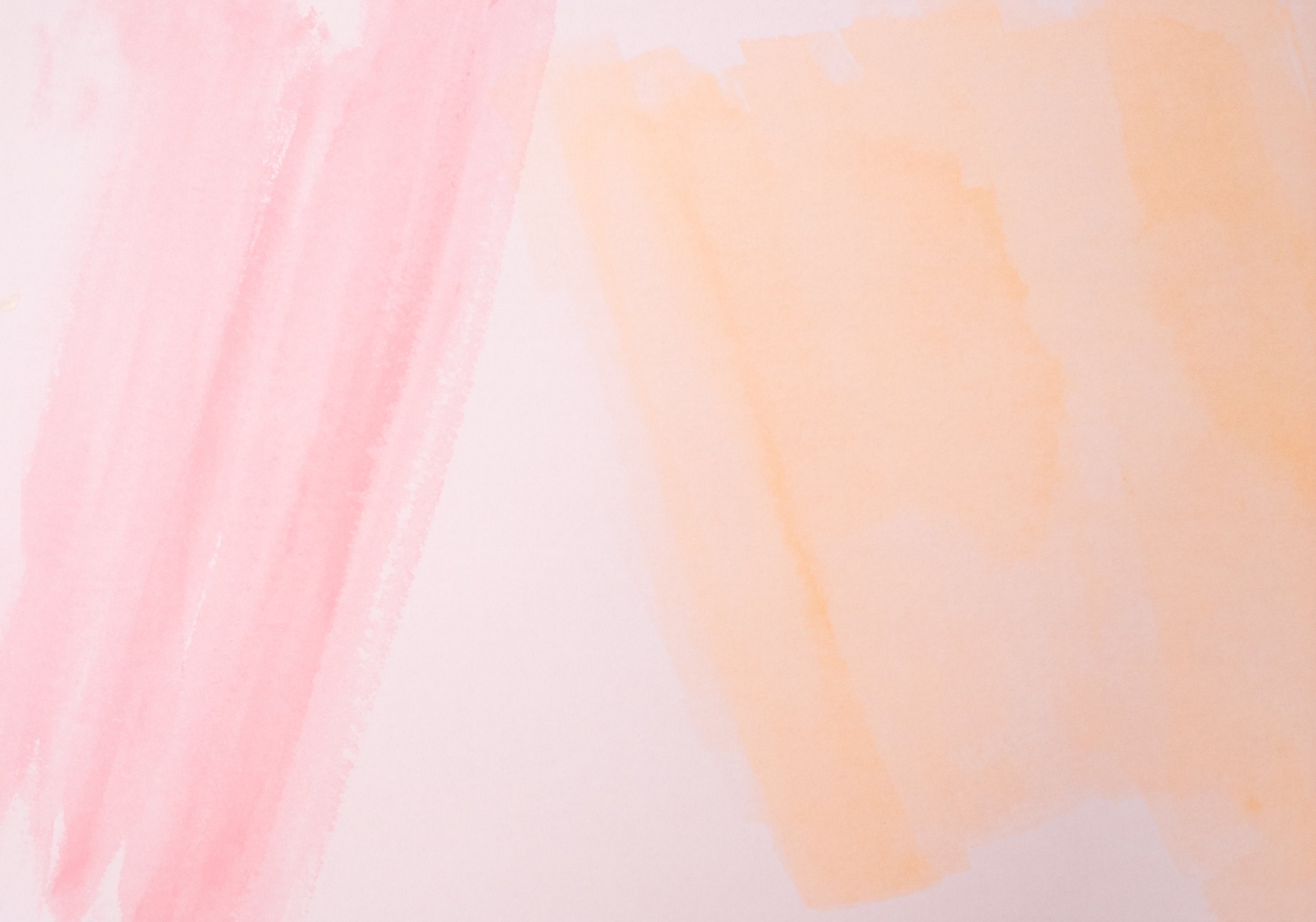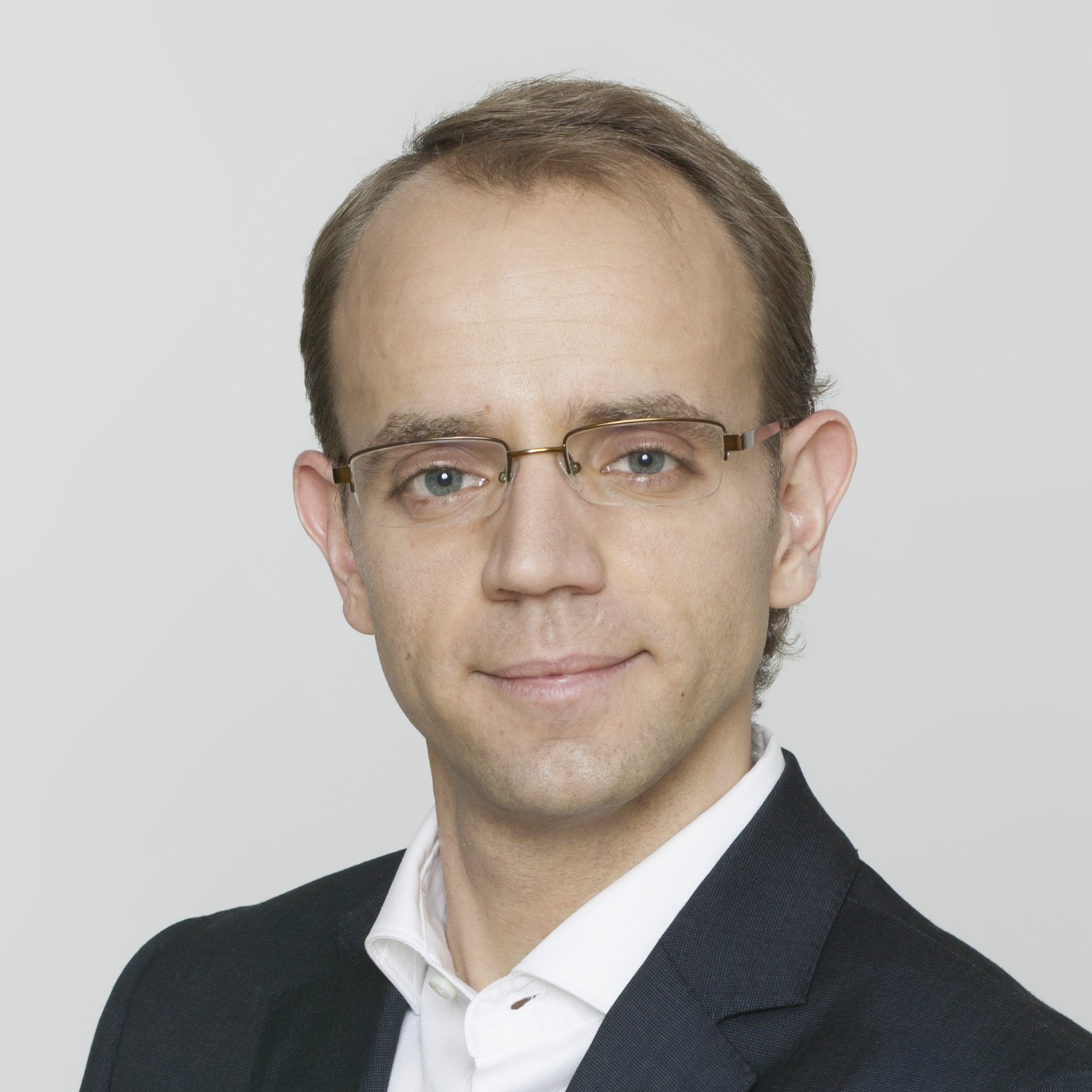
About the European Patent Attorney profession
INTERVIEW
Bernat Serra
Country: Spain
Company size: 10-20
Experience: 5-10 years
Type of work: Private practice
How did you learn about the Patent Attorney profession and what inspired you to become a (European) Patent Attorney?
I became aware of the profession during my last year of my degree. I had a seminar where two of the speakers were patent agents. After completing my PhD a few years later, I became more and more interested in a profession where I could combine my scientific background with helping others in their research.
Most people know that Patent Attorneys help clients obtain a patent. However, what other tasks are you responsible for?
Obtaining a patent for a client is indeed an important in our profession. However, we offer our assistance in the clients IP strategy in general, that is, taking into accounts the needs of the client I relation to IP. Therefore, we advise the client in order to protect their intangible assets, be it as trademarks, designs, industrial secrets, patents, etc. Of course this means drafting and prosecuting patents, but also checking the potential of the invention a client proposes prior to drafting a patent and also checking patents from competitors and performing, for instance, freedom-to-operate analysis.
If you had to split your role into science, law, and business, what is the proportion of each?
In my current role, I would say the proportion is an average 50% science (understanding the scientific principles of an invention) 40% law (what is the best way to protect the invention, what legal requirements the client should comply with) and 10% business (meetings with client, fostering business relationships, etc.).
What does the team structure at your workplace look like?
There are a few partners, a group of technical experts from diverse scientific and technical background, most of us being European patent attorneys, lawyers, paralegals and support staff (accounting, human resources, administration, IT).
What does your average workday look like?
There are days packed with meetings with clients, travelling, unexpected phone calls or urgent matters to be solved. Other days are quieter and allow you to write (part of) a patent application, or a response to an office action, or to perform a search for a patentability or a freedom-to-operate report. An average day might be a combination of all this.
What would a dream workday as a (European) Patent Attorney look like for you?
My dream workday would start by having a few hours of “calm” work (reading, writing). A meeting with a client with an exciting invention would follow. That day would also have a lively discussion on a hot topic with my colleagues and attending a webinar.
What is the most exciting aspect of being a (European) Patent Attorney for you?
One of the most fulfilling aspects of my profession is obtaining the confidence of a client. It might be tough, and sometimes clients might be annoying. However, understanding their needs, their inventions, dissecting their potential in IP, and communicating a grant of a patent or a success in opposition are all gratifying experiences.
What are your least favourite tasks?
It is always tedious for me to check the formalities related to filing a patent application.
Does your job allow you to have time for your hobbies? Do you have any side projects related to patents?
Thankfully, my job allows me to have a good balance between work and personal life.
If you could start your career over, would you change anything?
Sometimes I think that my path towards becoming a patent attorney could have been much smoother, since when I started working as a trainee I had a PhD, I had worked as a research technician, and I had postdoctoral studies. However, I believe that my career prior to IP has also provided me with a very useful background in my current profession -not only in relation to scientific knowledge, but also (and perhaps mainly) in terms of “vital” experience. Therefore, if I had known when I was and undergraduate that I was to become a European patent attorney, probably I would have taken other decisions, but at the end of the day I am quite satisfied with the way my career has turned out.
If the Patent Attorney profession suddenly disappeared tomorrow, what else would you do?
I would go back to a research position in academia or in the industry, or I might work as a consultant or in business development for startups.
What advice would you give someone that wants to become a European Patent Attorney?
Persevere, be prepared to study hard and learn a lot, listen to others in the profession, believe in your abilities and be ready to enjoy a fulfilling career! In a practical note, try to pass the EQE the sooner the better.
What do you think about the future outlook of our profession?
The future of our profession looks bright -we live in the age of innovation. Of course the advances in software and new technologies will change some of the work we do, for instance, automating process that are repetitive, but the core of our profession will remain similar.

